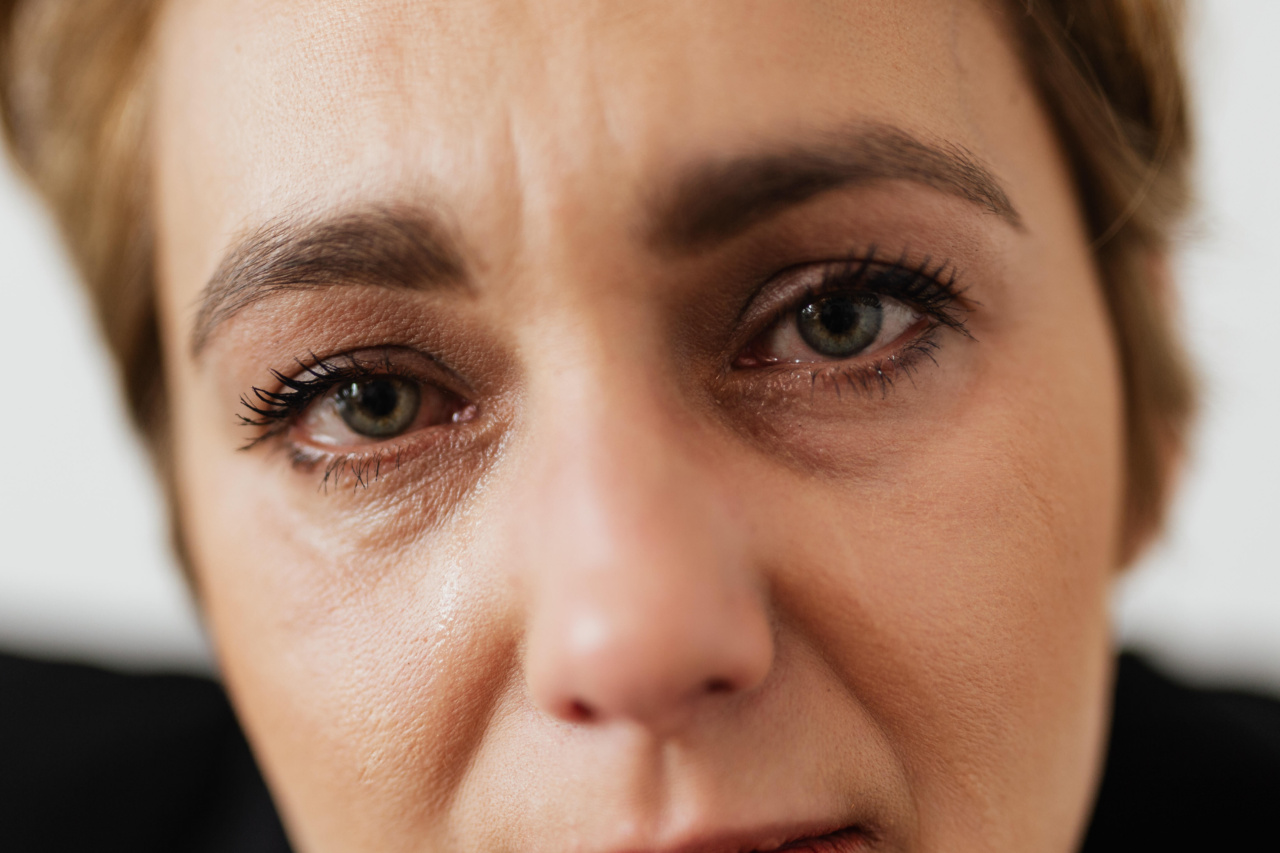Chronic itching is a distressing condition that affects millions of people worldwide. It is characterized by persistent and often intense itching that lasts for more than six weeks.
While skin problems are often the most common cause of itching, chronic itching can sometimes be a sign of an underlying medical condition or an indication of a problem within the body. In this article, we will explore the various potential causes of chronic itching and discuss the importance of looking beyond just skin problems to find the root cause.
Skin Problems and Chronic Itching
Itchy skin is a common symptom associated with a wide range of skin conditions. Conditions such as eczema, psoriasis, hives, and allergic reactions can all lead to intense itching.
In these cases, the itching is typically localized to the affected area and may be accompanied by other visible symptoms such as rashes, redness, or dry skin.
However, chronic itching can persist even in the absence of any visible skin problems.
This is often referred to as “idiopathic pruritus” or “pruritus of unknown origin.” In such cases, the itching may be generalized, affecting large areas of the body, or it may be limited to specific regions. It can be an incredibly frustrating and debilitating condition that significantly impacts a person’s quality of life.
There are several potential causes for chronic itching that go beyond skin problems. Identifying these underlying causes is crucial to effectively managing and treating this often overlooked condition.
Mental Health and Chronic Itching
Research has shown a strong link between chronic itching and mental health conditions such as anxiety and depression.
Itch-scratch cycles, where the act of scratching provides temporary relief but ultimately worsens the itching sensation, can lead to a negative impact on mental well-being. The constant itching can cause distress, sleep disturbances, and emotional distress, further exacerbating the cycle of itching and the associated mental health issues.
It is essential to address both the physical and psychological components of chronic itching.
Integration of mental health interventions, such as counseling or therapy, alongside the treatment of any underlying physical conditions can greatly improve overall outcomes for patients.
Neurological Conditions and Chronic Itching
Chronic itching can also be a symptom of certain neurological conditions. Nerve damage or dysfunction can disrupt the normal sensory signals, resulting in abnormal itch sensations.
Conditions such as multiple sclerosis, neuropathy, and shingles have been associated with chronic itching.
Understanding the underlying neurological mechanisms can help healthcare professionals devise appropriate treatment plans for managing chronic itching.
Targeted treatments, including medications that modulate nerve signaling or nerve blocks, may be recommended to provide relief and improve quality of life.
Systemic Diseases and Chronic Itching
In some cases, chronic itching may be a manifestation of an underlying systemic disease or internal organ dysfunction.
Conditions such as liver disease, kidney disease, thyroid disorders, and certain autoimmune diseases can present with itching as a primary symptom.
When investigating chronic itching, it is crucial to conduct a thorough medical evaluation to rule out any systemic or internal causes.
Blood tests, imaging studies, and consultations with specialists may be necessary to identify and address the underlying condition effectively.
Medications and Chronic Itching
Certain medications can cause chronic itching as a side effect. This includes opioids, antibiotics, antifungal medications, blood pressure medications, and many others.
If you suspect that a medication is causing your chronic itching, it is essential to consult with your healthcare provider to explore potential alternatives or adjustments to your treatment plan.
Allergies and Chronic Itching
Allergic reactions can trigger chronic itching. While skin allergies are the most obvious culprits, allergies to foods, medications, or environmental allergens can manifest as chronic itching.
Identifying and avoiding the allergens responsible for the itching is crucial in managing this condition.
Dermatological Treatments for Chronic Itching
When skin problems are the primary cause of chronic itching, dermatological treatments are often prescribed for relief. Moisturizers, corticosteroids, antihistamines, and immunomodulators may be recommended based on the underlying skin condition.
It is important to note that dermatological treatments may only address the symptoms and not the underlying cause of chronic itching. Therefore, if the itching persists despite adequate treatment, further investigations are warranted.
Complementary Therapies and Chronic Itching
Complementary therapies, such as acupuncture, relaxation techniques, and hypnosis, have shown promise in the management of chronic itching. These approaches aim to reduce stress levels, promote relaxation, and minimize the itch-scratch cycle.
While not a cure, these therapies can be used alongside conventional medical treatments to provide additional relief and improve overall well-being.
Lifestyle Modifications and Chronic Itching
There are certain lifestyle modifications that can help alleviate chronic itching symptoms. These include:.
- Avoiding excessively hot showers or baths
- Using gentle, fragrance-free skincare products
- Wearing loose-fitting, breathable clothing
- Maintaining a healthy and balanced diet
- Keeping the skin moisturized
- Reducing stress through exercise, meditation, or other relaxation techniques
While lifestyle modifications alone may not be sufficient to manage chronic itching, they can complement other treatment strategies and contribute to overall itch relief.
Conclusion
Chronic itching is a multifaceted condition that can have various underlying causes.
While skin problems are often the first suspect, it is crucial to look beyond the surface and consider other potential factors such as mental health, neurological conditions, systemic diseases, medications, and allergies. A comprehensive evaluation and effective treatment plan that address both the physical and psychological aspects of chronic itching can significantly improve quality of life for individuals affected by this often misunderstood condition.






























